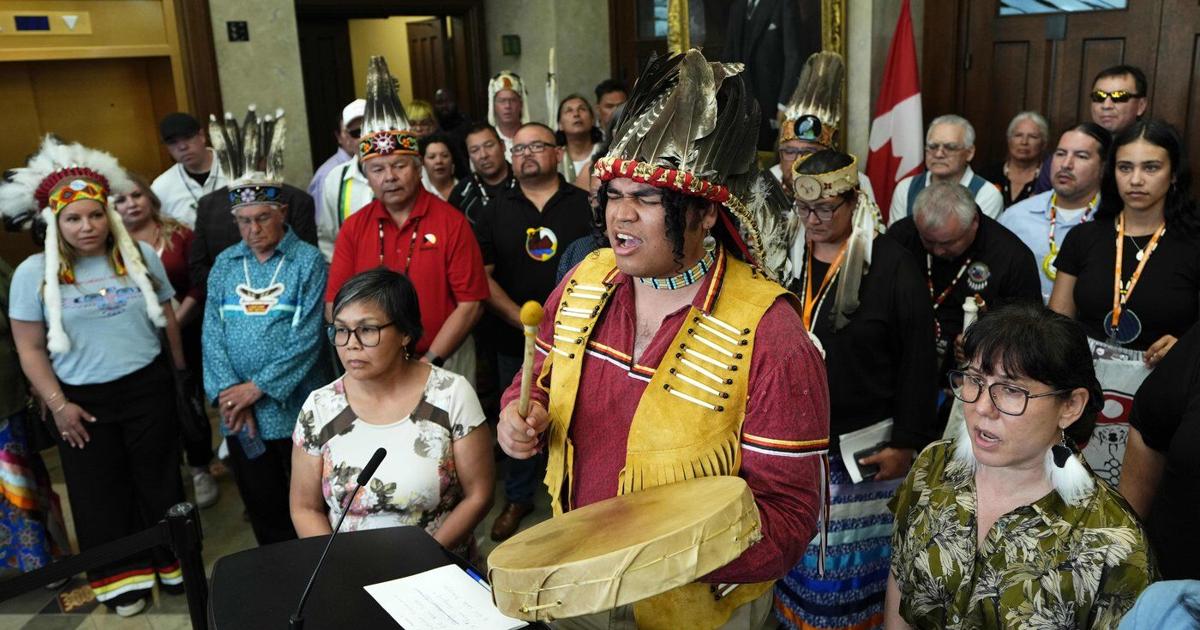Depends on how cynical you are

In all seriousness, in a grossly oversimplified nutshell, "meaningful consultation" is supposed to mean finding out what the project would mean to communities in the area affected, how to make changes to the project that would meet any concerns of those affected (typically, but not just, effects on hunting, fishing, water quality, usual land use, etc.), and if changes can't be made to mitigate, what could be done for the communities to compensate/accommodate them for the loss of whatever use they might lose.
That last bit - "what can be done to make up for you not being able to do x anymore, no matter how we change the project?" - can lead to a range of interpretations re: remedies, depending on your world view. One person's compensation for losing something that's hugely important to a community is another person's bribe to let the proponents get 'er done.





